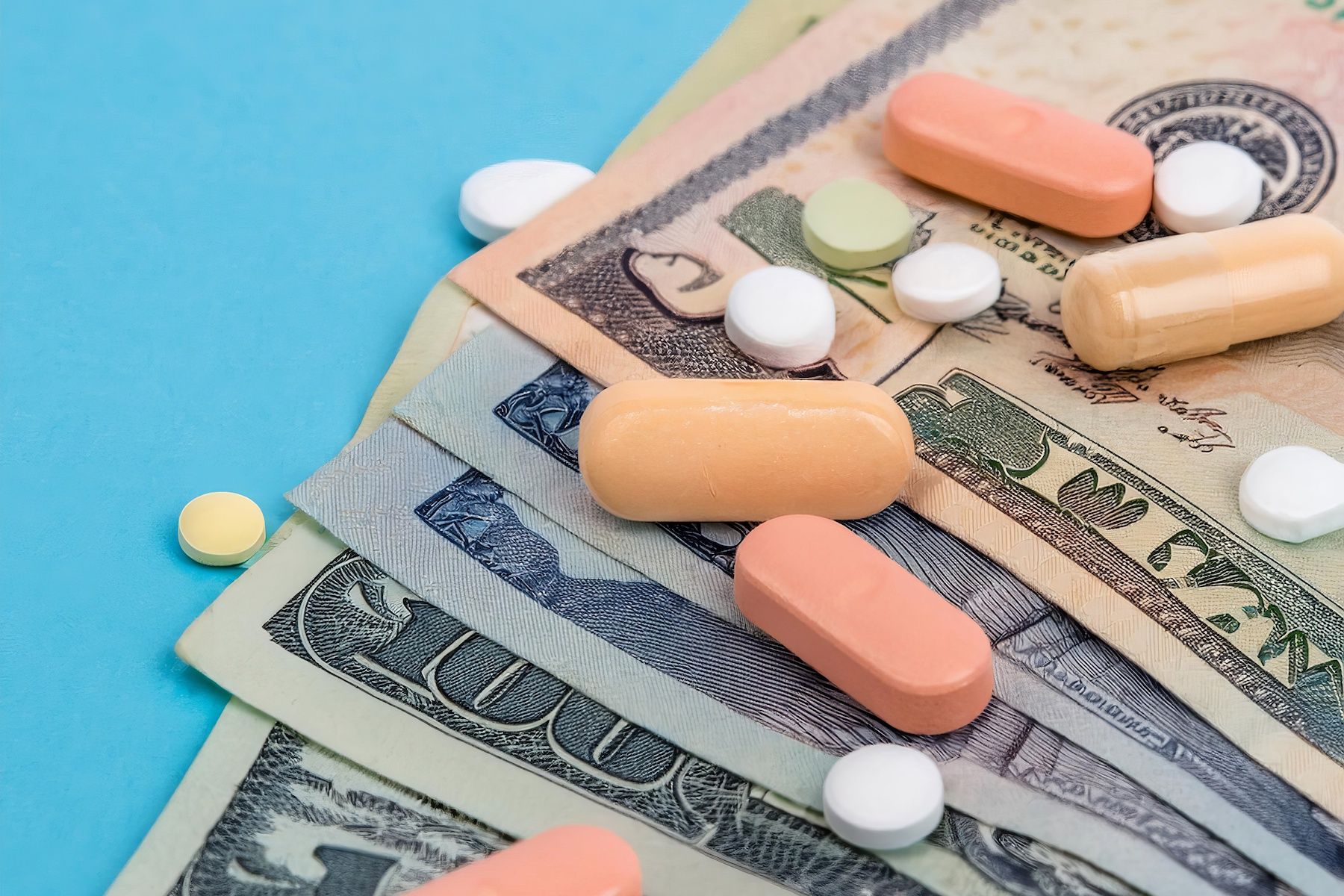
Biosimilar Pricing Future at Pharmacies
TL/DR –
The Inflation Reduction Act of 2022 is set to incentivize the creation of biosimilars, cheaper alternatives to generic and brand-name prescription drugs. The Act introduces provisions for Medicare to negotiate on drug prices from 2026 and introduces a rebate system for drugs whose price rises faster than the inflation rate. Additionally, the reimbursement rate for biosimilars is to be increased to 108% from 106% of the average sales price of traditional drugs, and a provision exists for drugs due to have a biosimilar released within two years to be excluded from Medicare price negotiations, thus further incentivizing the production of biosimilars.
Rising Prescription Drug Costs Point to Growing Appeal of Biosimilars
Amid rising prescription drug prices and falling reimbursements, pharmacists and patients are turning to biosimilars to ease financial burdens. The Inflation Reduction Act (IRA) of 2022 could further promote biosimilars as a more affordable alternative to name-brand medications.
Steve Callahan, Senior Director of Advisory & Insights at MMIT, explains that the IRA’s provisions aim to incentivize manufacturers to create more biosimilars to encourage competition.
As alternatives to generic and brand-name prescription drugs, biosimilars are designed to increase competition amongst pharmaceutical companies. Callahan discusses how the IRA provisions could impact biosimilars’ prices in the upcoming year.

READ MORE: Amgen Gains FDA Approval for First Interchangeable Biosimilar to Eculizumab
Key IRA Provisions Impacting Biosimilars
The IRA has introduced several provisions aimed at the pharmaceutical industry. For the first time, Medicare will negotiate drug prices, a significant change expected to roll out soon. By 2026, the first batch of drugs will be available at these new list prices.
In addition to this, an inflation-based rebate has been introduced. Manufacturers will need to pay back to Medicare any amount paid above the inflation rate for a drug whose price increases faster than inflation. This rebate acts as a penalty for price increases above the rate of inflation.
Furthermore, the IRA includes provisions specifically related to biosimilars. Biosimilars will benefit from increased reimbursements, receiving 108% instead of the usual 106% of the average sales price (ASP). This incentive aims to encourage the prescription of biosimilars, as they have a better reimbursement rate from CMS.
The Future of Biosimilars in the Prescription Drug Market
Biosimilars have gained increased recognition in recent years. High-profile biosimilars such as insulin and HUMIRA have launched, raising public awareness. Furthermore, the introduction of an interchangeable designation has eased concerns, as it shows that biosimilars provide similar outcomes to brand-name drugs.
Increased public awareness, greater data and public experience, and the launch of high-profile biosimilars will continue to grow the acceptance and use of biosimilars in the future.
READ MORE: Biosimilars Resource Center
—
Read More US Economic News
